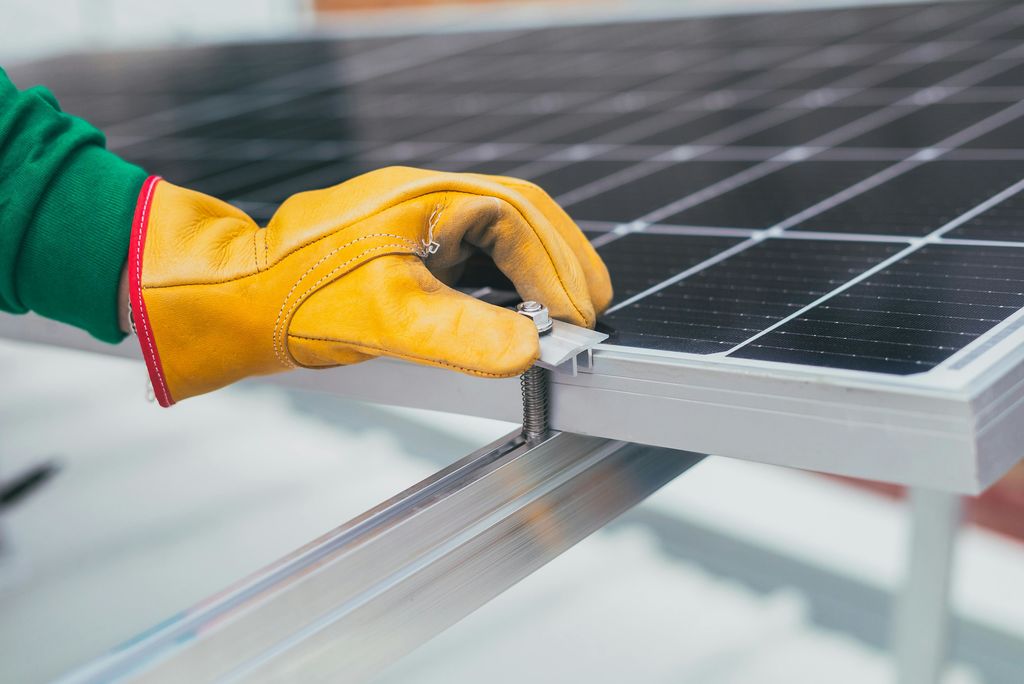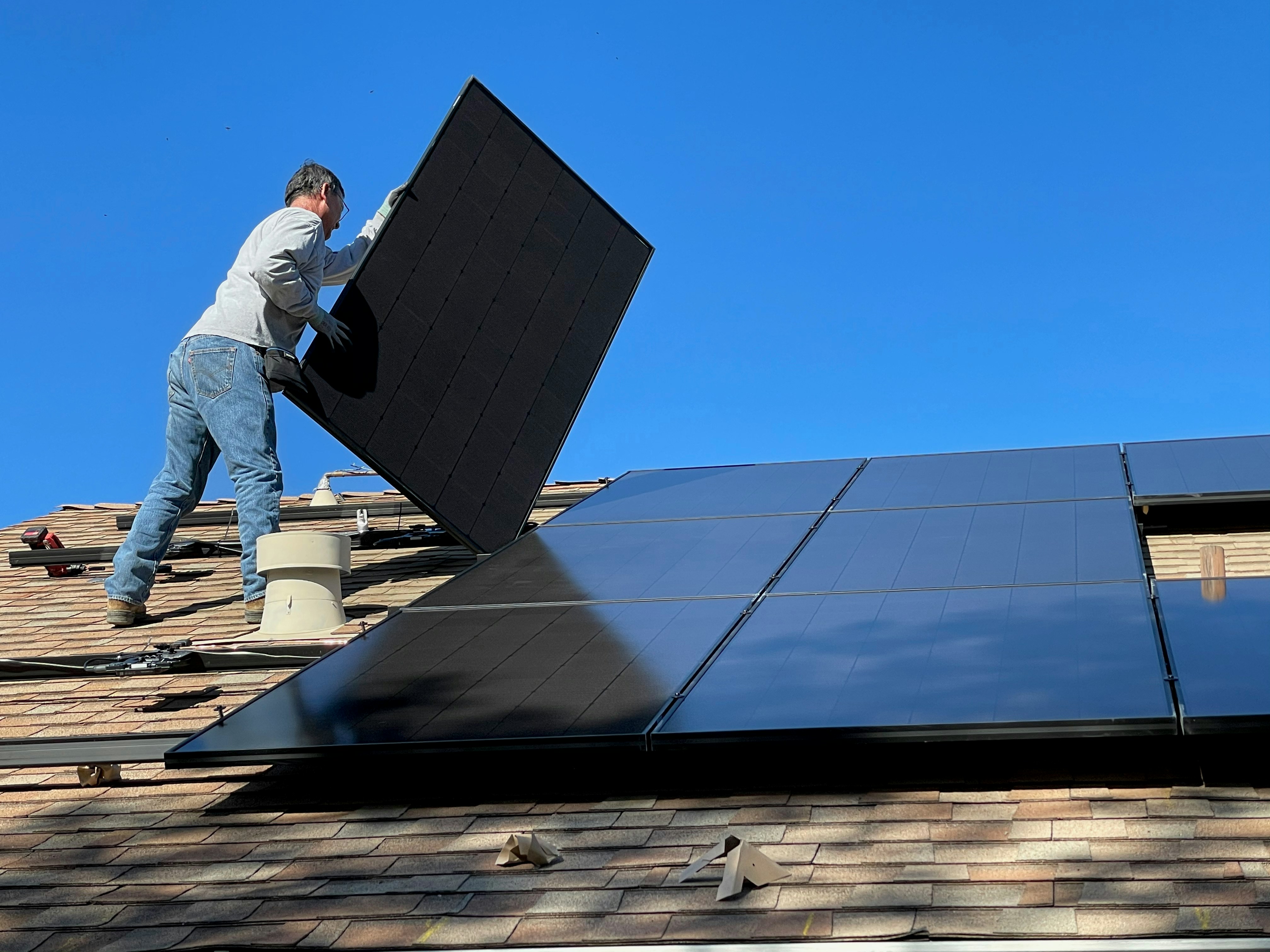Solar panels have become an increasingly popular option for homeowners looking to lower their electric bill, or their carbon footprint. While they offer some benefits, it’s essential to understand the potential downsides before making the investment, especially for those considering selling their home in the near future. From roof damage to complex and often predatory leasing or loan agreements, solar panels may not be a good solution for many homeowners.
One of the most potentially significant concerns with solar panel installation is the possibility of roof damage. Improper installation can lead to leaks, structural issues, or voided roof warranties. Solar panels are mounted onto the roof using brackets and fasteners, which, if not done correctly, can puncture the roof’s surface and lead to water infiltration. Over time, this can cause extensive damage to the home’s structure, and result in costly repairs. It’s crucial for homeowners to hire reputable installers with experience and knowledge to minimize this risk. Even with proper installation, removing or repairing the panels when roof maintenance is needed can be complicated and expensive. If at all possible, install solar on ground mounts or secondary buildings instead of your roof.

Something we continuously hear from homeowners who have solar is that “the sales person told me this would increase the value of my home.” This is only the case if your solar system is paid off and owned, and it is never a dollar-for-dollar value. We never recommend leasing or taking a loan out for solar panels, particularly for homeowners who plan to sell their home in the near future. Many homeowners opt to lease solar panels rather than purchase them outright because it requires less upfront cost, but all you are doing is shooting yourself in the foot when you decide to put your home on the market. When solar panels are leased, you must pay off your loan/lease before selling, or the buyer of the home would be required to take over the payments. This adds an additional financial burden for the buyer, who will then need to qualify not only for a mortgage, but also for the solar payment. This extra step often turns away potential buyers, making the home harder to sell or reducing its market value. Any increased value on the home would be based on if you have a buyer who wants and values solar; for almost any other buyer it would be a detriment.
Furthermore, the cost of leasing or financing solar panels can be unexpectedly high. Solar lease payments or loan payments can be steep, and they may not immediately offset the savings on the homeowner’s energy bills. In some cases, homeowners find themselves paying more for their solar panels than they save on electricity. This is especially true in areas with lower electricity rates or homes that don’t get enough sun exposure. As a result, homeowners could end up spending vastly more than anticipated.

Maintenance and longevity of solar panels can also pose issues. While solar panels generally have long lifespans, typically around 20 to 25 years, they are not maintenance-free, no matter what the salesperson has told you. Dirt, debris, and snow can reduce their efficiency, requiring regular cleaning or upkeep. Additionally, homeowners must monitor the inverter (which converts the energy collected by the panels) and ensure it remains in good working condition. If the panels or inverter fail, repairs can be expensive and time-consuming, even further reducing the overall cost-effectiveness of the system.
For homeowners considering solar panels, especially if they’re thinking about selling in the near future, it’s critical to weigh the potential drawbacks. While solar energy offers environmental benefits and potential savings, the negatives for many homeowners outweigh the positives. Think long and hard about if you’d be willing to pay off a solar lease, or potentially have a smaller buyer pool interested in buying your home if you go that route. If you have questions about your home’s current value with or without solar panels if you’re considering them, reach out to The Phipps Team today for a custom market analysis!

